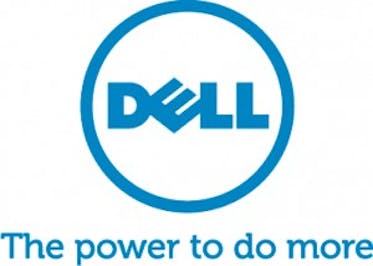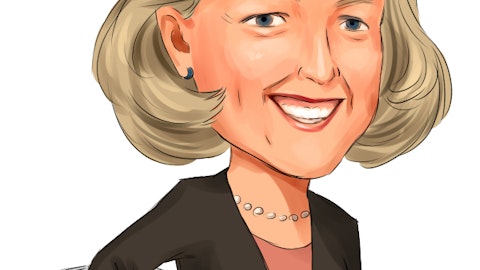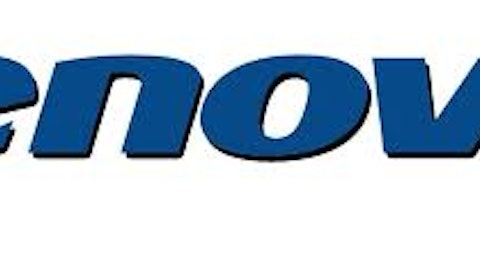After months of conflicting reports and vitriolic wrangling, there may finally be a resolution to the blockbuster bidding war over Round Rock, Texas-based Dell Inc. (NASDAQ:DELL). According to a recent announcement, Dell Inc. (NASDAQ:DELL)’s legendary founder has raised his offer for the struggling company by adding a special dividend to the mix.

However, the buyout’s principal rival remains unconvinced: Carl Icahn’s Icahn Enterprises LP (NASDAQ:IEP) has firmly registered its opposition. While it might be a bit premature to call this deal in favor of Michael Dell, it is clear that he is amassing an appreciable advantage.
Dell Inc. (NASDAQ:DELL), Icahn Enterprises LP (NASDAQ:IEP), and key competitors
Dell Inc. (NASDAQ:DELL) and Icahn Enterprises LP (NASDAQ:IEP) do not directly compete with one another. Icahn Enterprises LP (NASDAQ:IEP) is a diversified asset management firm that operates a wide, ever-changing portfolio of small and medium-sized companies across a range of industries. Although it currently has presence in the automotive, fashion, food processing, gambling, and real estate industries, it lacks any sort of presence in the technology industry. Its market capitalization of about $8.4 billion compares to much larger market caps of $24 billion for Dell Inc. (NASDAQ:DELL) and $52 billion for principal Dell competitor, Hewlett-Packard Company (NYSE:HPQ). In 2012, Icahn Enterprises LP (NASDAQ:IEP) earned $602 million on total revenue of $18.3 billion.
Meanwhile, Dell faces tough competition from a number of robust competitors. Moreover, it has an outdated product mix that is increasingly unattractive to modern consumers. In effect, it is being squeezed on all sizes. Whereas Hewlett-Packard Company (NYSE:HPQ) offers a number of high-end PC products for affluent consumers as well as powerful IT systems for small and medium-sized businesses, Dell has a reputation for selling cut-rate, low-quality computers and laptops.
While the company has ceded the high-end market to Hewlett-Packard Company (NYSE:HPQ), it faces undercutting from cheaper Asian competitors like Asus. Meanwhile, Dell and Hewlett-Packard Company (NYSE:HPQ) are both being outplayed by service-focused companies like IBM and Cisco. This whole going-private situation arose out of concern about Dell’s ability to re-tool its business as a public firm.
In any event, Dell’s 2012 earnings of $1.9 billion on $56.6 billion need to be improved. Fortunately, it is not in truly bad shape: Hewlett-Packard Company (NYSE:HPQ)’s 2012 loss of over $13 billion on $115.6 billion in revenue has its investors in a panic. Both companies have manageable debt loads of less than $2 for every $1 in cash on hand.





